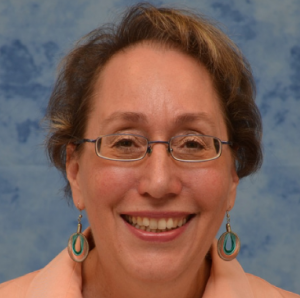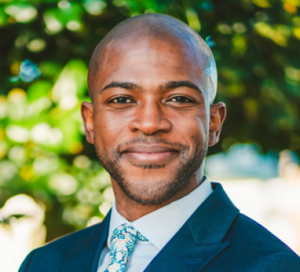Is There a Lesson from Comparing the COVID-19 Pandemic to the Experience of Disability? A Response to Carol Rogers-Shaw’s “Disabled Lives & Pandemic Lives: Stories of Human Precarity”
by Tonette S. Rocco and Debaro Huyler
The COVID-19 pandemic was uncharted territory that sparked fear for many. The pandemic forced us to discover our resilience and devise new coping techniques for life as we were exposed to daily news stories of hospitalizations and deaths. Amid a sea of pandemic stories, a single experience is easily lost. During the pandemic, people dealt with physical and social isolation, uncertainty, and anxiety about the future, economic insecurity, illness-related stigmas, and a lack of access to healthcare and technology.
In “Disabled Lives & Pandemic Lives: Stories of Human Precarity,” Carol Rogers-Shaw narrates several stories that convey the anguish, trauma, loss, and horror experienced by many during the pandemic. Through storytelling, she demonstrates that “the pandemic experiences we shared might provide a foundation to build … parallels between living with a disability and living in a pandemic.” Even so, Rogers-Shaw cautions us not to get distracted by pandemic-related issues or inspirational stories. Instead, she correctly points out that COVID-19 pandemic experiences mirror the unpleasant aspects of daily life for people with disabilities.
In early 2022, a media discussion rages over whether we should treat the pandemic as an endemic and return to normalcy. The obsession with normalcy reflects the societal construction of disability. This point is exemplified by an evaluator’s surprise and praise in response to Rogers-Shaw telling a group of students with disabilities, “When you are in college you will need to write analytical papers.” Rogers-Shaw’s expectations for the students were identical to those she would have for nondisabled students. However, she points out that in general, we view disability as an abnormality and a deficit. This dominant view of disability ignores lived experiences. While scholars have long opposed the deficit framing of disability, avoiding it has created an insidious dilemma. People with disabilities and their loved ones are cautious about openly communicating their experiences of grief, loss, and trauma to avoid discrimination and reinforce a deficit-based perspective of disability.
 Tonette S. Rocco is a professor in adult education and human resource development at Florida International University in Miami, Florida. She co-edited the 2020 Handbook of Adult and Continuing Education (Rocco, Smith, Mizzi, Merriweather & Hawley, 2020), and the Handbook of HRD (Chalofsky, Rocco, and Morris 2014). She is editor-in-chief of New Horizons in Adult Education and Human Resource Development. Her research interests include disability disclosure and equity.
Tonette S. Rocco is a professor in adult education and human resource development at Florida International University in Miami, Florida. She co-edited the 2020 Handbook of Adult and Continuing Education (Rocco, Smith, Mizzi, Merriweather & Hawley, 2020), and the Handbook of HRD (Chalofsky, Rocco, and Morris 2014). She is editor-in-chief of New Horizons in Adult Education and Human Resource Development. Her research interests include disability disclosure and equity.
 Debaro Huyler is director of administration in academic and student affairs at Florida International University (FIU). He is also an instructor and doctoral candidate in FIU’s College of Arts, Sciences, and Education. His scholarly interests include marginalization, generational studies, qualitative research methods, social entrepreneurship, and crisis management.
Debaro Huyler is director of administration in academic and student affairs at Florida International University (FIU). He is also an instructor and doctoral candidate in FIU’s College of Arts, Sciences, and Education. His scholarly interests include marginalization, generational studies, qualitative research methods, social entrepreneurship, and crisis management.